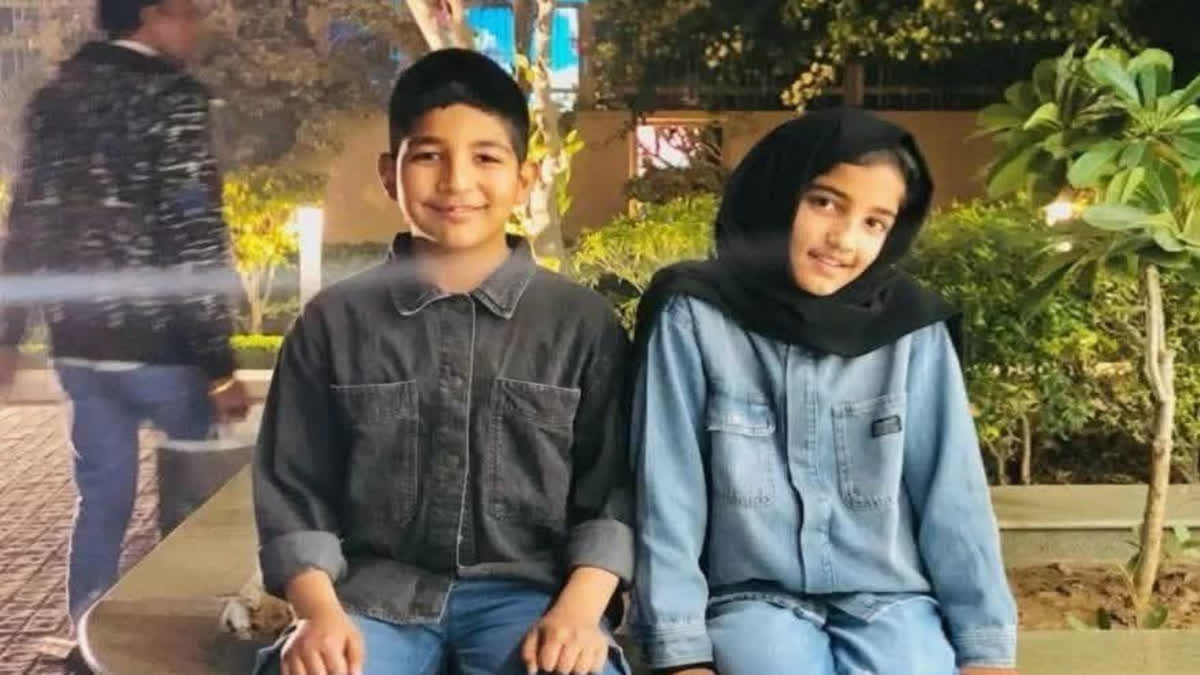| Poonch bears maximum brunt of Pak shelling | | 13, including 4 children, lose lives; property worth crores destroyed | | 
Early Times Report
Jammu, May 14: The border district of Poonch bore the maximum brunt of heavy Pakistani shelling in retaliation to India’s Operation Sindoor, launched on May 7, 2025.
The intense cross-border artillery and mortar fire left a trail of destruction, claiming 13 civilian lives, including four minors, and causing extensive damage to residential buildings, religious sites, and public infrastructure. The shelling began around 1 a.m. on May 7, shortly after India executed precision strikes on nine terrorist camps in Pakistan and Pakistan-occupied Jammu-Kashmir (PoK) in response to the April 22 Pahalgam terror attack that killed 26 people. Pakistani forces targeted civilian areas across Poonch, including Balakote, Mendhar, Mankote, Krishna Ghati, Gulpur, Kerni, and Poonch town, with unprecedented intensity not seen since the 1971 India-Pakistan war.
Among the 13 fatalities were four children aged between 7 and 14, including siblings Ayan Khan, 12, and Aruba Khan, 10, who perished when a mortar shell struck their home in Kalani village. Seven-year-old Maryam Khatoon and 13-year-old Vihaan Bhargav were also killed in the barrage. Other victims included Balvinder Kour, 33, Amreek Singh, 55, Ranjeet Singh, 48, and Quari Mohammad Iqbal, a Muslim cleric, highlighting the indiscriminate nature of the attack. At least 59 others were injured, with 44 reported in Poonch alone.
Dozens of houses, shops, and vehicles were reduced to rubble, with heritage sites like the Poonch Fort and religious places, including Gurdwara Sri Guru Singh Sabha and Christ School, sustaining significant damage. Shells also landed near a UN station and forest department buildings, amplifying the chaos. “It was like a war zone with the injured screaming for help and families forced to look for cover,” said Abdul Rashid, a local resident who narrowly escaped the shelling.
The shelling triggered panic, forcing hundreds of residents to seek refuge in underground bunkers or flee to safer areas like Jammu. The Poonch administration activated shelter camps at educational institutions, providing food, accommodation, and medical care. Over 150 residents of Dhaki relocated to relatives’ homes after their houses were damaged.
Chief Minister Omar Abdullah chaired an emergency meeting, releasing Rs 5 crore to border districts to address the crisis. He directed the Health Department to ensure adequate medical supplies and blood reserves in hospitals. Lieutenant Governor Manoj Sinha monitored the situation, ordering the evacuation of villagers from vulnerable areas. All schools and colleges in Poonch, Rajouri, Jammu, Samba, and Kathua were closed, and airports in Jammu, Srinagar, and Leh suspended operations due to security concerns.
Foreign Secretary Vikram Misri condemned Pakistan for targeting civilian infrastructure, including schools and places of worship, calling it a “new low.” He noted that a shell landed near Christ School, killing two students at their home, and emphasized that such actions were deliberate.
As tensions remain high along the Line of Control, the Indian government has vowed a firm response to Pakistan’s aggression. The devastation in Poonch underscores the human cost of the escalating conflict, with residents pleading for peace. |
|
